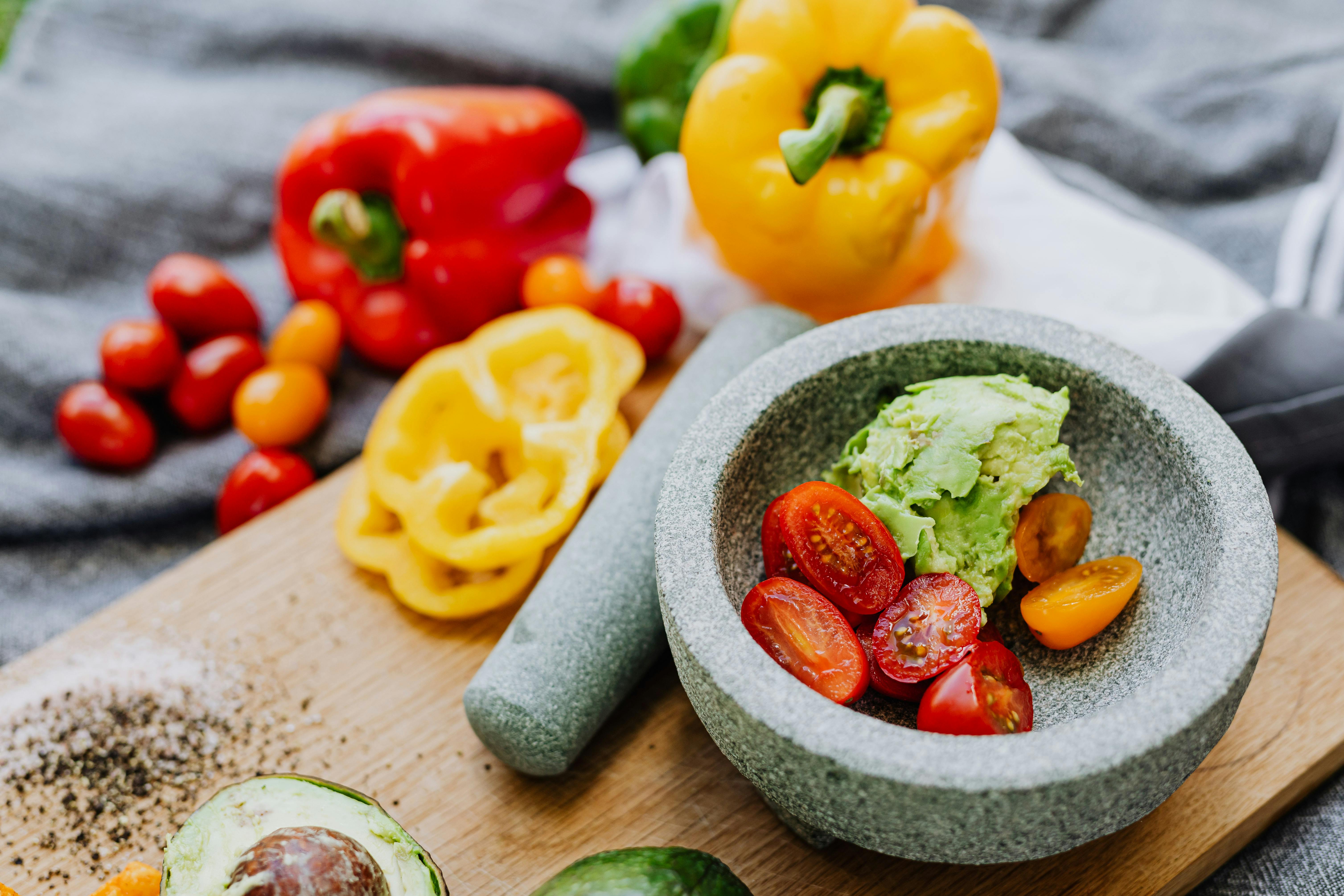
Embrace Holistic Nutrition For Lifelong Vitality
Small decisions each day influence your energy, concentration, and ability to handle challenges over time. Choosing a variety of whole foods, paying attention to your balance of carbohydrates, proteins, and fats, and noticing your body’s natural patterns lay a strong foundation for lasting health. There’s no need to rely on expensive products or restrictive eating plans. By focusing on fresh, natural ingredients and building simple, healthy routines, you can experience meaningful improvements in your overall well-being. These steady changes support both your physical and mental vitality, making it easier to stay active and feel your best every day.
This guide breaks down core principles, highlights benefits backed by research, and offers practical tips you can try this week. Skip the endless scrolling and quick fixes. You’ll get clear steps for more stable energy, better digestion, and a sharper mind.
Foundations of Holistic Nutrition
- Prioritize whole foods: Choose fruits, vegetables, whole grains, nuts, seeds, lean proteins, and legumes over processed items.
- Embrace balance: Combine macronutrients—carbs, proteins, and healthy fats—in each meal to control blood sugar and hunger.
- Honor your body: Eat when you’re hungry, stop when you’re full, and notice how different foods affect your mood and energy.
- Focus on variety: Rotate colors and textures to get a broad range of vitamins, minerals, and phytochemicals.
- Stay hydrated: Aim for at least eight 8-ounce glasses of water daily, adjusting for activity level and climate.
Benefits of Whole Foods
Switching to minimally processed ingredients does more than taste fresher. It delivers nutrients in their natural form, boosting absorption and reducing additives that can disrupt digestion or trigger inflammation.
- Higher nutrient density: Whole foods pack vitamins, minerals, and antioxidants. Studies link diets rich in fruits and vegetables to a 30% lower risk of heart disease.
- Better blood sugar control: Fiber in whole grains and legumes slows sugar spikes and crashes. People who swap refined grains cut their risk of type 2 diabetes by 20%.
- Improved gut health: Natural fibers feed beneficial gut bacteria. A diverse microbiome supports immunity, digestion, and even mood.
- Natural energy boost: Whole foods deliver steady fuel. You’ll avoid mid-afternoon drops that come from refined sugars.
- Fewer empty calories: Whole foods fill you up faster, reducing the temptation to snack on high-sugar, high-sodium options.
Balancing Macronutrients Mindfully
Each meal works like a puzzle. Aim for one-quarter protein, one-quarter starchy or fibrous carbs, and one-half non-starchy vegetables. This setup fuels muscle repair, brain function, and sustained energy.
Proteins like Greek yogurt, beans, fish, or lean meat regulate hormones that keep you feeling satisfied. Carbs from sweet potatoes, quinoa, or brown rice restore glycogen stores. Healthy fats—avocado, olives, nuts, seeds—promote brain health and reduce inflammation.
Incorporating Mind-Body Practices
Nutrition involves more than what’s on your plate. How you eat influences digestion and stress levels. Practice these simple habits to connect mind and body:
- Chew consciously: Slow down and count 20–30 chews per bite to improve digestion.
- Breathe before eating: Take three deep breaths to signal your body that mealtime has begun.
- Disconnect: Turn off screens for at least 15 minutes to focus on flavors and fullness cues.
- Practice gratitude: Spend a moment acknowledging the effort behind each ingredient.
Practical Meal Planning Tips
- Batch cook staples: Roast a tray of mixed veggies and prepare a big pot of lentils or chicken at the start of the week. Mix and match with sauces or herbs.
- Create a core protein: Grill chicken breasts, bake tofu, or pan-sear salmon. Portion out for easy lunch or dinner builds.
- Pre-portion snacks: Combine nuts, seeds, and dried fruit into single-serve containers for grab-and-go energy.
- Use one-pot recipes: Save time and dishes with soups, stews, or sheet-pan meals loaded with protein, carbs, and veggies.
- Plan with color: Rotate red, orange, green, and purple produce weekly to hit different micronutrients.
Overcoming Common Challenges
Budget constraints often push people toward cheaper processed foods. Combat that by shopping seasonal produce or frozen bags, which can cost less and last longer. Bulk grains, beans, and seeds also stretch your dollar.
Time crunches can derail meal prep. If evenings feel hectic, shift cooking to weekends or slow-cookers. Use multi-purpose tools like an *Instant Pot* or *Air Fryer* to cut active time to minutes. Keep your pantry stocked with quick-cook items like couscous, rolled oats, and canned legumes.
Social settings often present temptations: chips, pastries, or heavy sauces. Scan menus in advance or eat a small balanced snack before outings. That helps you choose more nutritious options without feeling deprived or drawing attention to your habits.
A sudden craving doesn’t mean failure. Pause and ask if you’re truly hungry, thirsty, or stressed. A glass of water or a short walk can help eliminate the urge to reach for sugar-rich treats.
Travel and holidays often lack healthy options. Pack a cooler with sliced veggies, boiled eggs, cheese sticks, and homemade trail mix. If you must eat out, look for grilled proteins, steamed sides, and ask for dressings on the side.
Building Sustainable Habits
Start small. Swap one processed snack for a handful of nuts this week. Next week, add a side salad to dinner. These small wins build confidence and momentum faster than drastic overhauls.
Track progress with a simple food log or photo journal. Notice how different meals affect your sleep quality, mood, and energy. Adjust portions and food types based on real data, not guesswork.
Set achievable goals: aim for at least two plant-based meals per week, or commit to cooking at home four times in the next seven days. Check off each success to reinforce positive behavior.
Lean on community support. Swap recipes with a friend, join a local cooking class, or follow trustworthy experts who share simple, science-backed tips.
Small changes lead to noticeable improvements like lighter digestion, stable moods, and sharper focus. Continue making these adjustments to develop lasting healthy habits that support lifelong vitality.